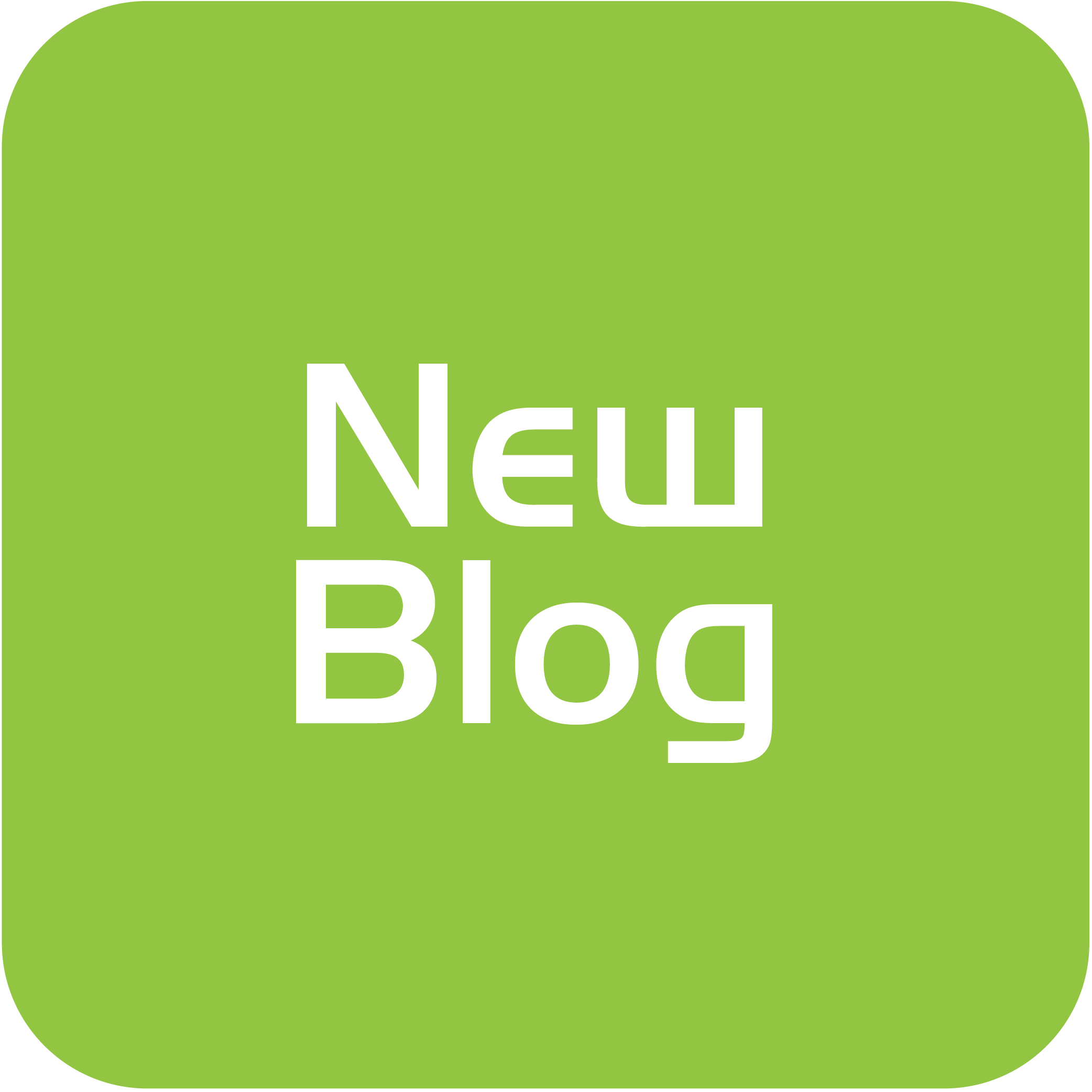
In business, change isn’t optional—it’s inevitable. The question isn’t if change will come, but whether you’ll be prepared to navigate it.
In this month’s C12 curriculum, we’re reminded that lasting businesses aren’t built on shifting sand like trends or quick fixes, but on solid foundations. For Christian leaders, that means rooting decisions in clarity—mission, vision, and values (MVVs)—and seeking wise counsel from mentors and peers.
Let’s apply that to the insurance industry, where change often feels like the only constant.
Why Strategic Planning Matters More Than Ever
Many agencies are busy but lack true strategic clarity. They budget and set goals but don’t always have a forward-looking plan that defines:
- Where the agency is headed
- How it will get there
- What advantages it will leverage to grow
Without a clear plan, agencies end up reacting to market changes instead of leading with confidence.
Examples of Change Insurance Agencies Face
- Changing Agency Management Systems (AMS):
Switching to a new AMS is one of the biggest transitions an agency can make. It impacts workflows, customer service, and profitability. Without a clear mission and vision guiding the decision, it’s easy to chase features instead of strategy. Agencies with strong MVVs ask: Does this system support our mission to streamline service? Does it align with our vision of being the most client-friendly agency in town?
- Adding New Marketing Strategies:
Digital marketing, social media, and SEO aren’t just nice-to-haves anymore—they’re essential. But adding a new marketing channel without clarity often leads to wasted dollars. For example, before starting a PPC campaign, an agency should ask: Does this move us toward our three-year vision of doubling personal lines clients?
- Recruiting and Developing Talent:
When adding producers or CSRs, agencies with clear values know what cultural attributes matter most. If “trust and service” are core values, then hiring decisions must reflect them—even if it means turning down a technically skilled candidate who doesn’t share those priorities.
The Role of Mentorship
The devotional section this month emphasizes the importance of mentors—wise builders who help us strengthen our foundation before storms arrive. For agency owners, this might look like:
- Seeking counsel from a seasoned agent who has navigated system transitions successfully.
- Asking a marketing mentor to review your strategy before you invest heavily.
- Inviting a trusted peer to sit in on strategic planning sessions for accountability.
These mentors act like structural engineers—helping you ensure the foundation is sound before you add the weight of new initiatives.
Practical Next Steps for Agencies
- Clarify your MVVs. Write them down, and test whether your team can repeat them from memory.
- Review recent changes. Did your last tech or marketing decision align with your mission and vision?
- Plan ahead. Don’t just budget—define a three-to-five-year picture of what God-honoring success looks like for your agency.
- Engage mentors. Identify one person this month who can give you outside perspective on a key decision.
Final Word
Strategic planning isn’t just about avoiding mistakes—it’s about building an agency that lasts. As Proverbs 16:3 reminds us: “Commit your work to the Lord, and your plans will be established.”
Whether you’re switching to a new AMS, launching a fresh marketing strategy, or bringing on new producers, your foundation—mission, vision, and values—will determine if those changes strengthen your agency or simply add stress.
Now is the time to look inward, clarify your foundation, and move forward with confidence.
Want to Learn More About C12?
Much of the insight in this blog comes from my time in C12, a community of Christian CEOs and business owners who meet monthly to encourage, challenge, and sharpen one another in both business and faith.
If you’re curious about how C12 could help you strengthen your agency’s foundation and connect with like-minded leaders, I’d be glad to share more about my experience—or you can learn directly at joinc12.com.

